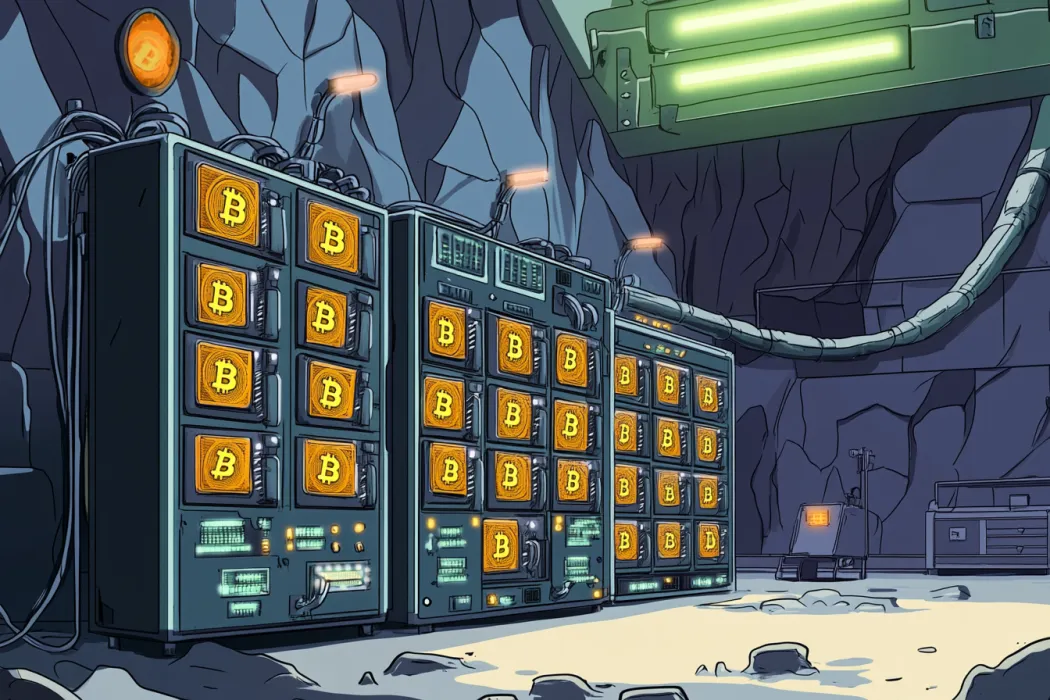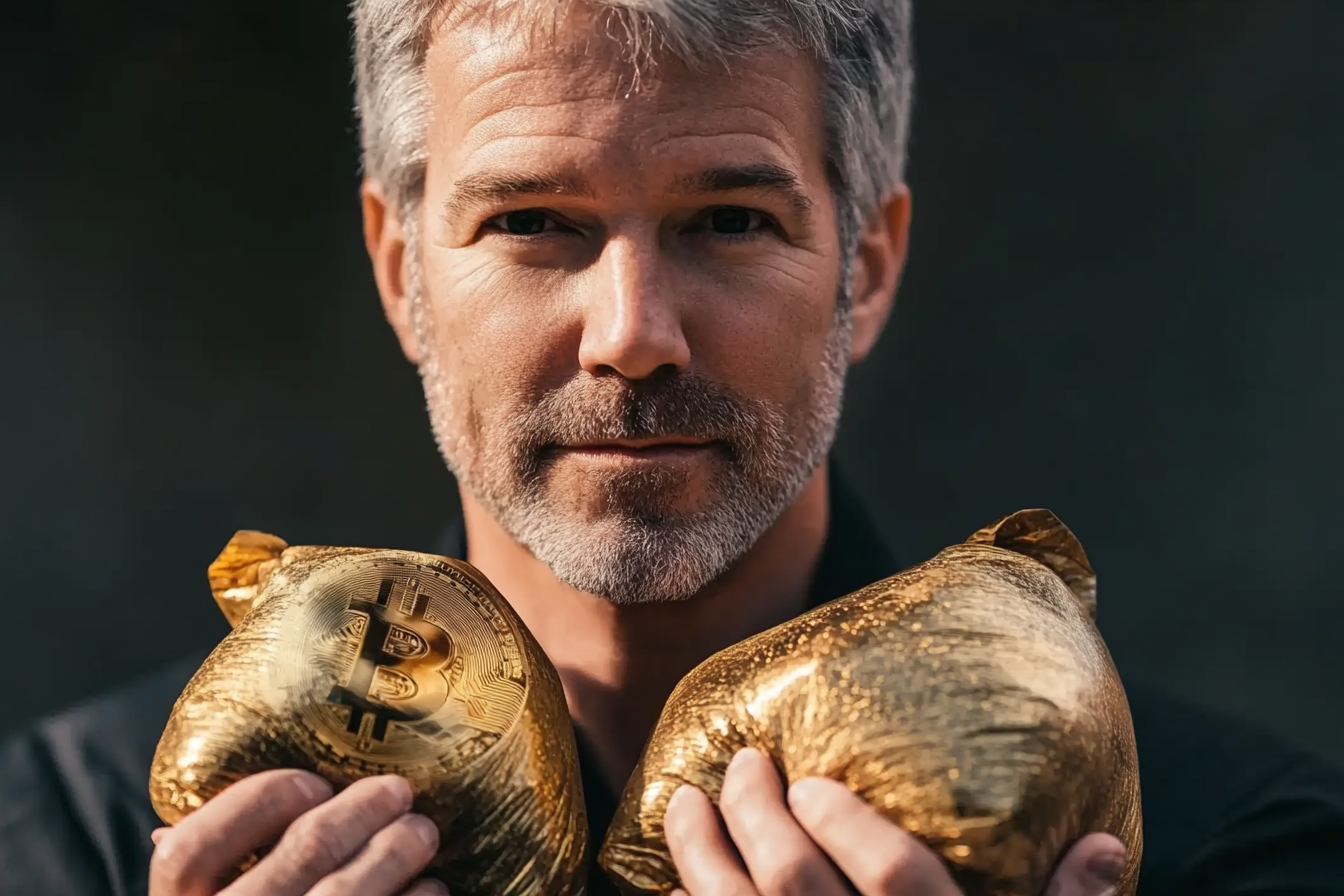Table of Contents
The idea of a decentralized system with its own independent currency has been continuously and voraciously touted as the future since the historical release of Bitcoin’s whitepaper, originally published in 2008, which outlined the need for disintermediation and transparency in today’s financial system. In many ways, the introduction of the world’s first cryptocurrency completely redefined financial technology. It created a new demand for accountability and transparency; an unprecedented revolution questioning society’s unquestioned reliance on centralised institutions.
Time and again, we’ve said that the real value of cryptocurrencies come from the underlying blockchain technology, and not from the wild speculation caused by overly greedy investors, seedy developers, or so-called artists that are desperately conjuring up poorly drawn NFTs. This argument has never been more accurate thanks to the Russia-Ukraine war – a conflict that has thrust cryptocurrencies and their utility into the limelight.
In this day and age, where technology is expected to be a facilitator of transparency and information exchange, the war is still shrouded in dirty politics, bureaucracy and opaqueness. However, blockchain technology’s borderless nature and unabashed transparency have opened a small window into Ukraine’s war efforts, providing the world with a live and uncensored feed of the size of funds flowing into the country. At the time of writing, data from blockchain analytics firm Elliptic indicates that Ukraine has received nearly US$64 million worth of crypto assets from all over the world, with donations ranging from mainstream cryptocurrencies like BTC, ETH, and DOT, to NFTs like CryptoPunk #5364, which was estimated to be worth over US$200,000.
These publicly available networks and their open-for-all-to-see transactions are a far cry from legacy financial systems, where accessibility and transparency are often limited. Unlike legacy systems, public blockchains do not discriminate, which means that in theory, any individual or entity will be able to transact on them. As Russia continues to feel the pinch from economic sanctions, some critics have argued that many in the country including sanctioned entities will want to use cryptocurrencies to circumvent financial sanctions, especially with the expulsion of Russian banks from global financial messaging system Swift and the unavailability of mainstream payments options like Visa, Mastercard, and PayPal.
In an interview with Blockhead, Caroline Malcolm, Chainalysis head of international policy, said that while both Russia and Ukraine have “very high levels of grassroots crypto adoption,” with the countries ranking 18th and 4th respectively on the Global Crypto Adoption Index, the possibility of Russia using cryptocurrencies to evade sanctions remains low due to blockchain technology’s traceability.
“The reality is that as in the traditional financial system, the cryptocurrency ecosystem can put measures in place to detect and monitor transactions from identified sanctioned entities and individuals,” she said.
“The transparent, permanent and immutable nature of public blockchains means that as we gather more information over time about the crypto ecosystem and its use by sanctioned entities, those sanctions-evading activities will be able to be detected and investigated in the months and years ahead,” Malcolm added.
Despite the cryptocurrency market topping US$2 trillion recently, the scale that Russia would need to circumvent all financial sanctions would almost certainly render cryptocurrencies an “ineffective tool for the state,” she said, quoting the US National Security Council’s director of cybersecurity Carole House.
David Carlisle, director of policy and regulatory affairs at Elliptic, echoed this sentiment.
“Consider that Russia’s total annual exports are about US$426 billion, and its total imports about US$247 billion. The total assets of Russia’s banking sector are about US$1.4 trillion – nearly the size of all crypto by market cap”, Carlisle said, adding, “There is simply no way Russia can use crypto alone on the scale it will require. Even prolific nation-state users of crypto like Iran and North Korea have only amassed about US$1 billion in crypto each. That’s a drop in the bucket for Russia”.
Some have said that the conflict is a defining moment for cryptocurrencies. Others have questioned the neutrality of cryptocurrencies, citing the examples of exchanges and crypto evangelists taking a stance against the war. The truth is that beneath the speculative layer created by individuals and corporations, blockchain technology has demonstrated that it can actually be used as a global payments system regardless of their native cryptocurrencies, which also exposes the reality that the world’s dependence on hierarchical institutions may not be as profound as before.
In the Bitcoin white paper, Satoshi Nakamoto called for “an electronic payment system based on cryptographic proof instead of trust, allowing any two willing parties to transact directly with each other without the need for a trusted third party.”
The long-established notion that blockchain technology is an anonymous instrument of crime no longer exists in 2022. Instead, the Russia-Ukraine war has clearly highlighted the importance of an accessible and unprejudiced network where much-needed funds can be received without time-consuming bureaucracy, and illicit activities can be immutably recorded and immediately exposed by anyone without navigating the opacity of traditional institutions.
Ignore the wild price swings of cryptocurrencies, or the speculative NFT market. Instead, focus on how blockchain technology, when properly designed, can potentially emerge as a powerful tool to facilitate more transparency and accountability.





